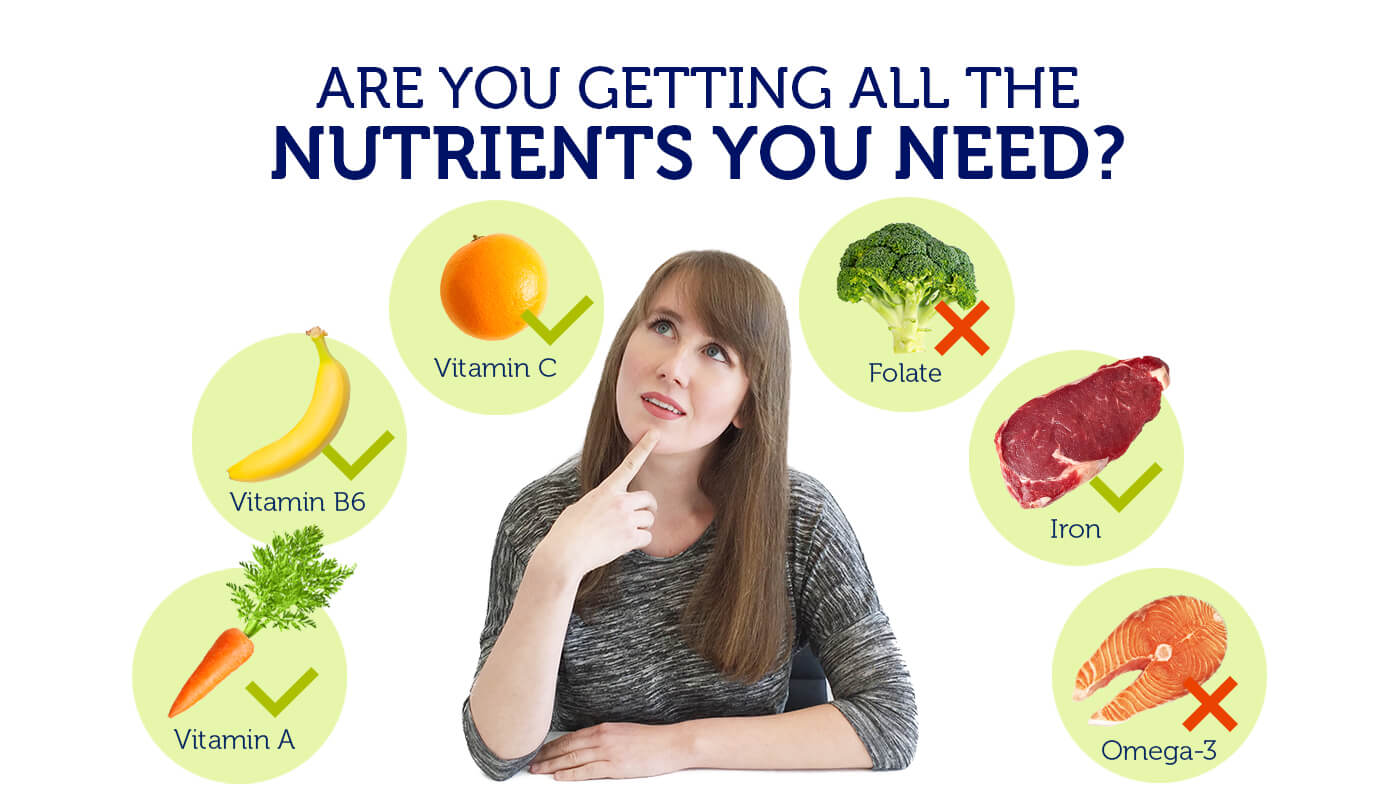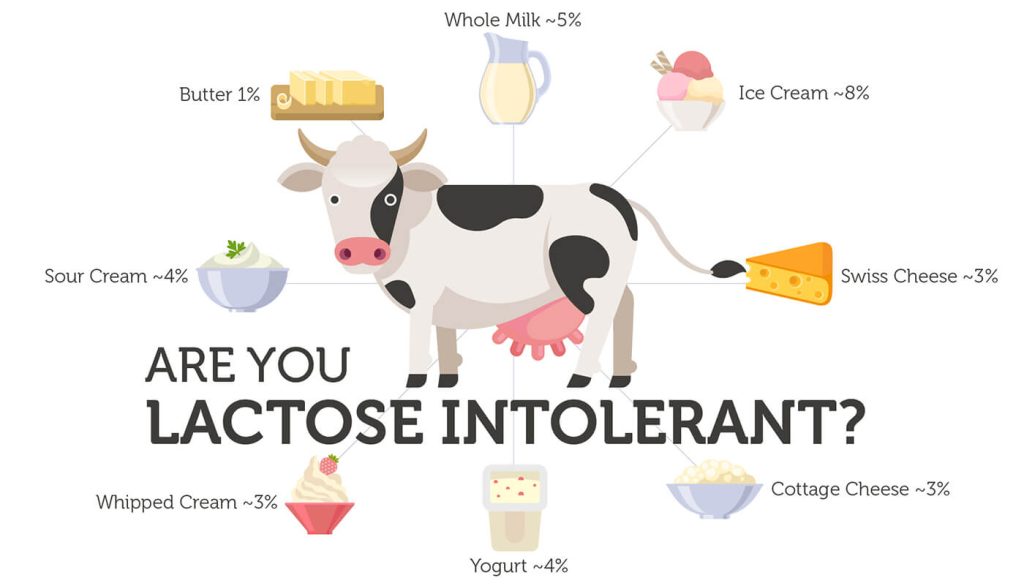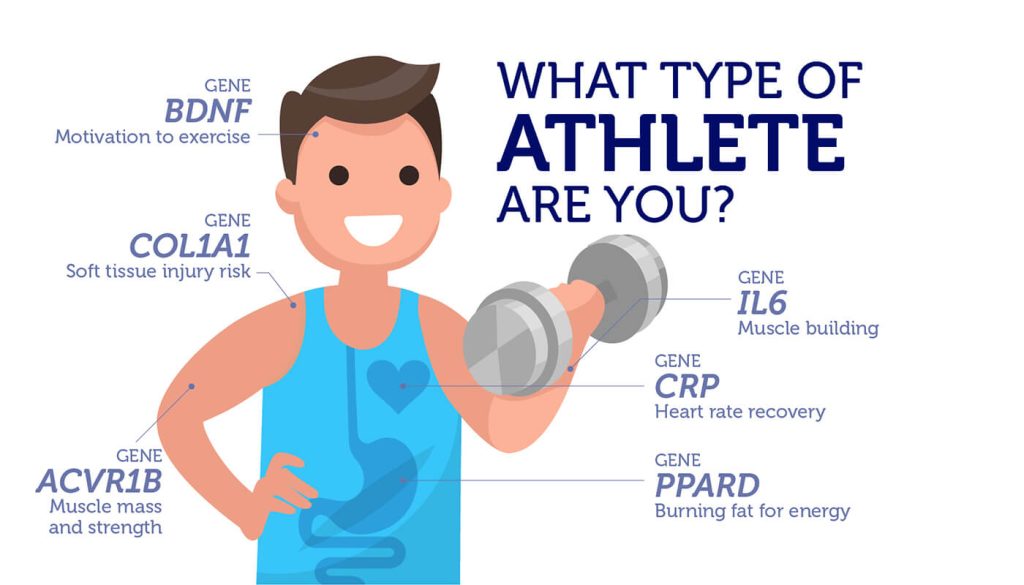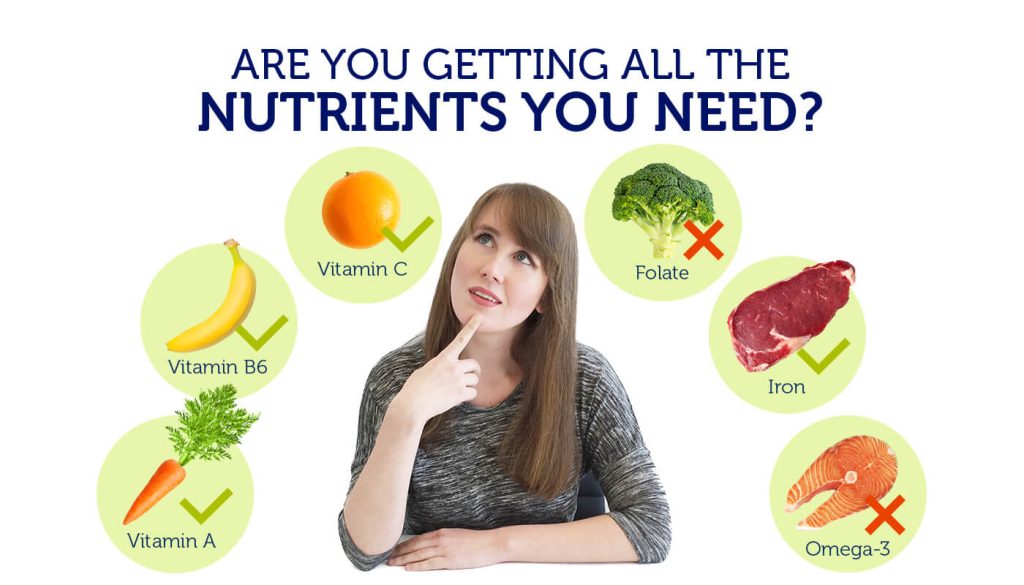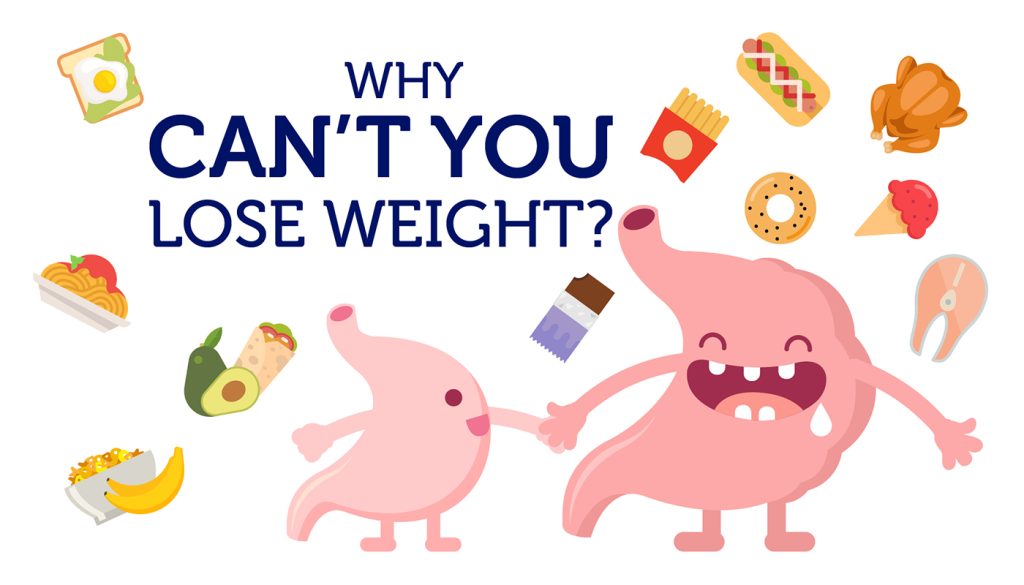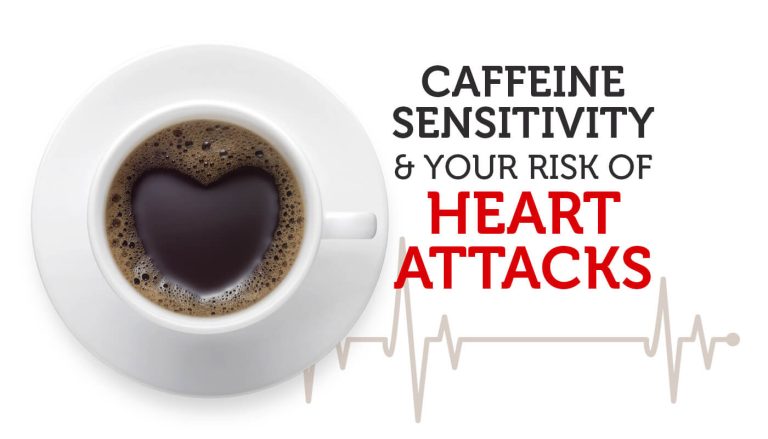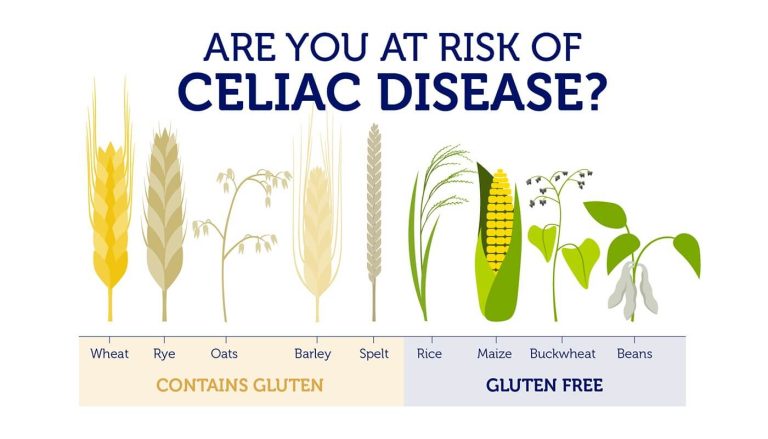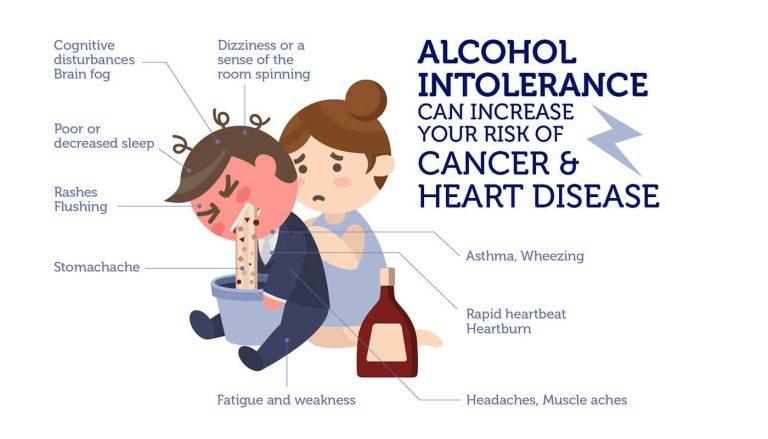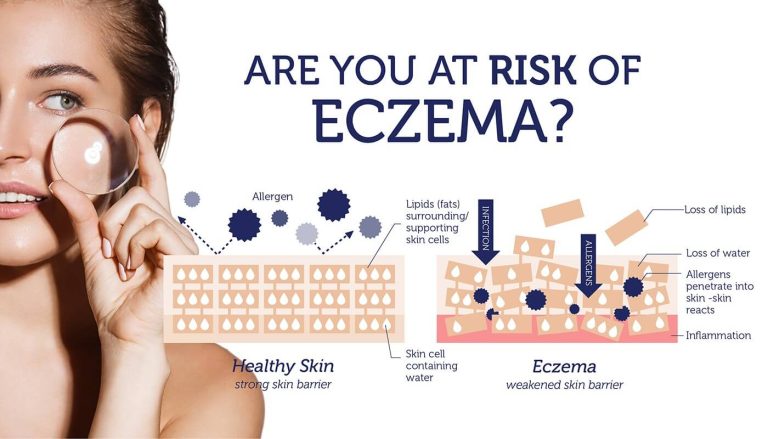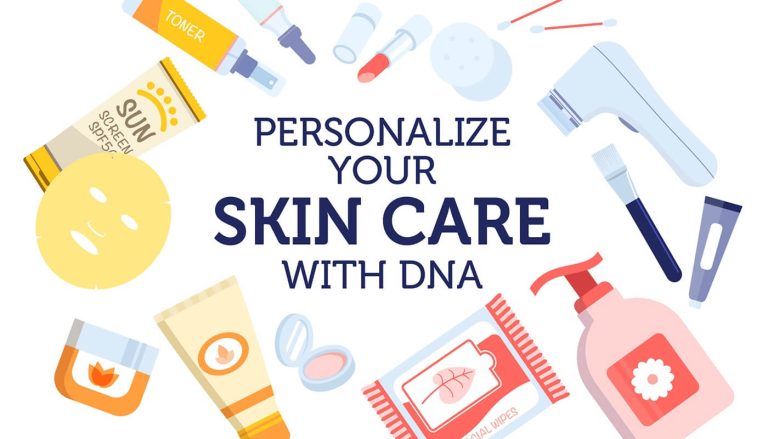Do you take vitamin pills or load up on vitamin C in the winter? Are you worried that you may not be getting all the nutrients you need from your diet?
Nutrition plays a large role in our lives. Vitamins and minerals are on the news at least once a week, claiming to provide protection from a disease, or aid in a cure. Nutritional genomics is the latest revolution to enter the arena. It focuses on personalizing your nutritional needs to match your genes.
Nutrigenomics
Nutrigenomics is a branch of nutritional genomics that studies how DNA changes can influence the absorption, break down and the use of nutrients. These researchers mainly focus on a type of genetic variation called a single nucleotide polymorphism (SNP). SNPs are small differences in nucleotides, the building block of DNA, that exist between people.
The ultimate goal of nutrigenomics is to create a map of all the genetic differences that can influence diet, nutrition and health. This will allow us to customize our lifestyle in terms of what we eat and the supplements we take, purely based on our genetics.
MTHFR & vitamin
The MTHFR gene is one great example of how genetic variation and vitamin intake can influence each other to impact our health. It encodes the methylenetetrahydrofolate reductase enzyme that breaks down folate (vitamin B9).
Those who inherit the altered form of MTHFR make much less enzyme. They are unable to properly process folate from their diet. Low folate levels are linked to a higher risk of heart disease, schizophrenia and certain types of cancer.
Luckily, there is a simple fix to this problem – folate supplementation. Supplements are available in many different forms, such as folic acid, folinic acid or 5-MTHF.
Are your meals meeting your nutritional needs?

BCO1 & vitamin A
Another example, possibly of special interest to vegans and vegetarians, is the BCO1 gene. It encodes the beta-carotene oxygenase 1 enzyme, responsible for converting beta-carotene to active vitamin A.
Four DNA changes in the BCO1 gene affect vitamin A levels. These changes decrease the conversion of beta-carotene. As a consequence, those of us who inherit at least one defective copy of BCO1 are ‘poor converters’ and are at much higher risk of vitamin A deficiency.
This risk is even higher if they are vegetarian or vegan, and solely rely on plant sources for vitamin A. So, if you are considering an alternative diet, you may want to uncover your BCO1 status for a piece of mind.
Personalizing your supplements
Many genetic changes can influence the absorption and break down of vitamins and minerals. This means that on top of the role nutrigenomics research plays in identifying and preventing diseases, these findings can have a broader impact our lives.
Take for example the current recommendations for dietary allowance for vitamins. Right now, these recommendations are primarily based on age and gender, but they may soon need to be revised and personalized to match a person’s unique DNA.
This also means that generic vitamin supplements from the drug store are not suitable for everyone. They should be individualized based on how well they are utilized in our bodies.
One thing is for sure, as advances in sequencing technologies revolutionize the field of nutrigenomics, the day your doctor recommends a personalized vitamin and supplement plan to match your unique genetic makeup may not be too far off in the future.
Are you getting all the nutrients your body needs?
Find out with the DNA Nutrition Test and optimize your diet based on your DNA.


